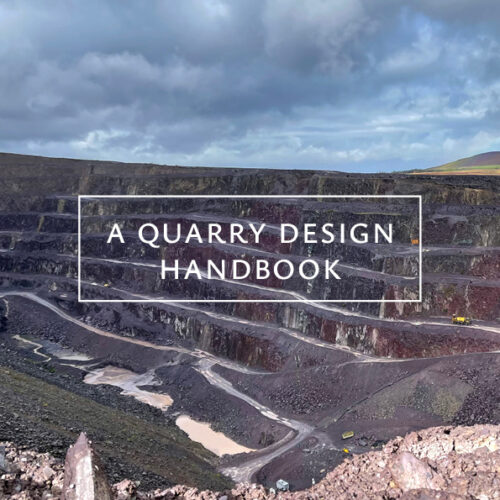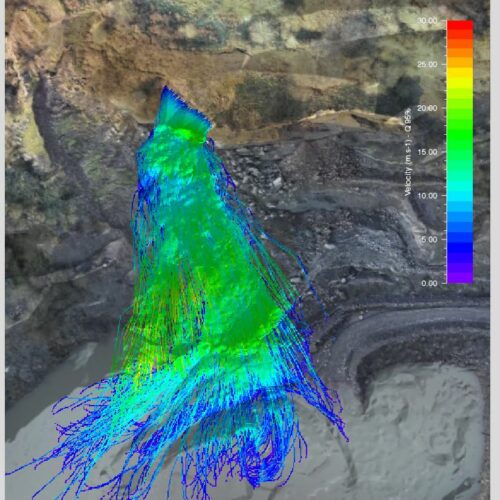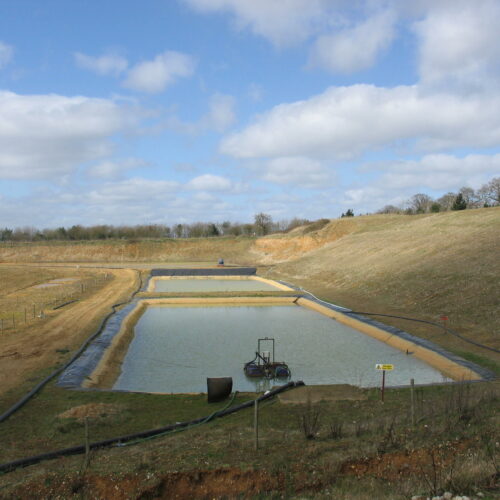Quarry design is essential not only to your site’s productivity but also to improved sustainability in the quarrying and cement industries. GWP is a renowned quarry design consultancy, known for optimising use of your site’s mineral resources, while addressing the needs of multi-discipline stakeholders – planning, licensing authorities, operations, safety, and environmental teams.
Our experience spans hard rock and sand and gravel sites in diverse locations worldwide, and from small scale to super quarry settings. Clients can benefit from quarry design and phasing plans that detail how a mineral operation, its excavated slopes, stockpiles, tips, and lagoons, will develop from start to finish. The working layouts, restoration landforms, and working methods proposed accommodate all relevant production, geotechnical, safety and environmental targets and constraints.
Quarry Design Expertise

Quarry Design Handbook
Authored jointly by GWP Consultants LLP and David Jarvis Associates Ltd, 2014.
GWP Quarry Design and Planning Consultants

Dr. David Jameson
Partner, Head of Earth Resources and Principal Engineering Geologist

Ben Mason
Associate Partner and Geotechnical Engineer


